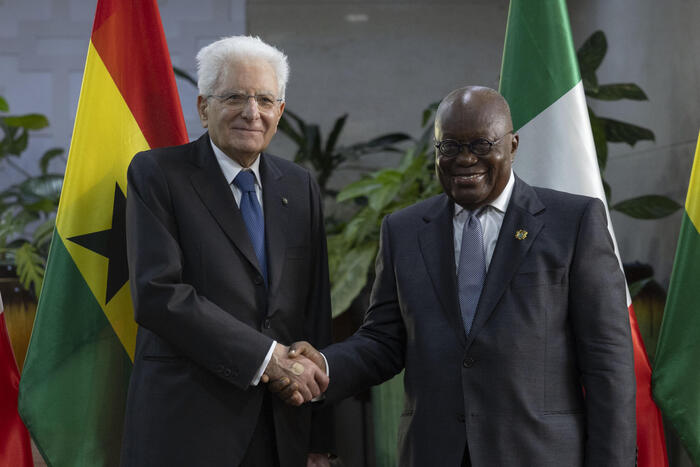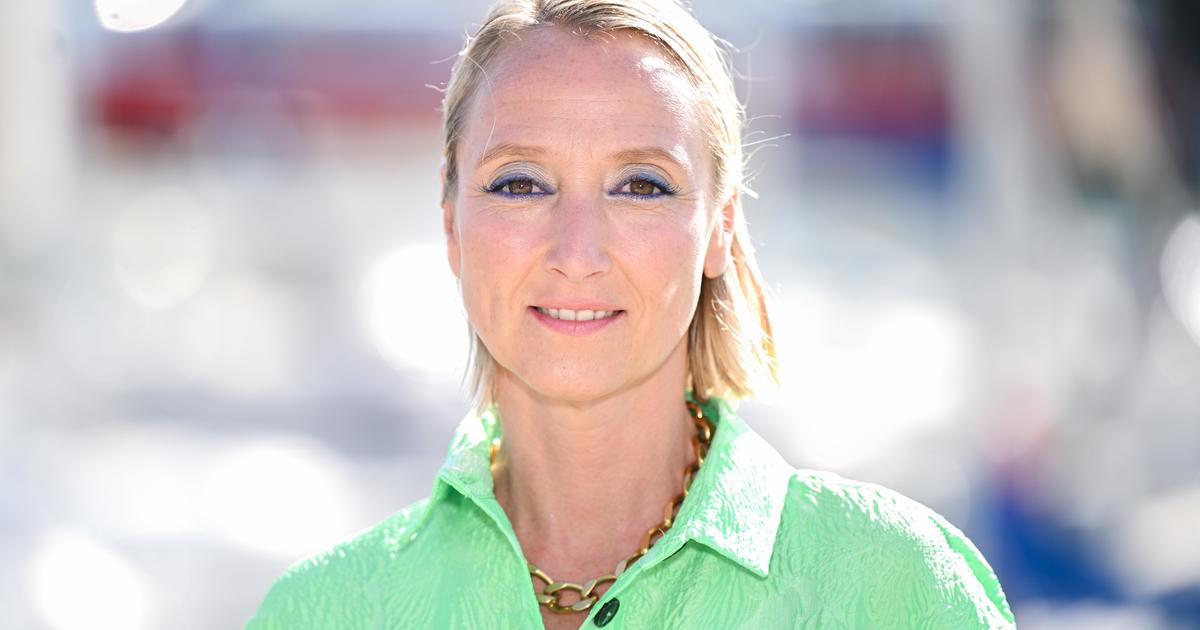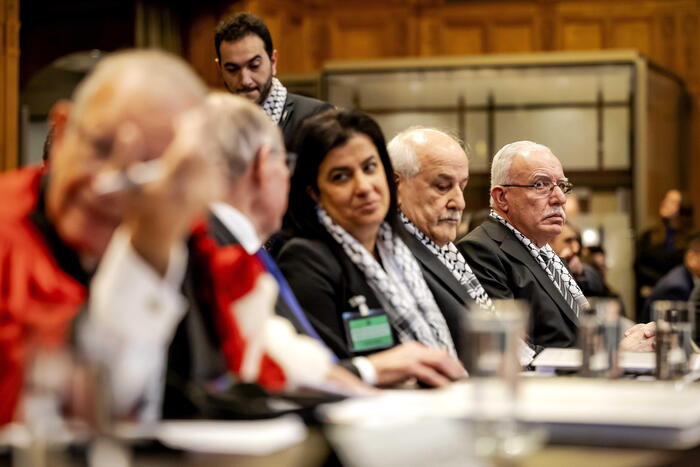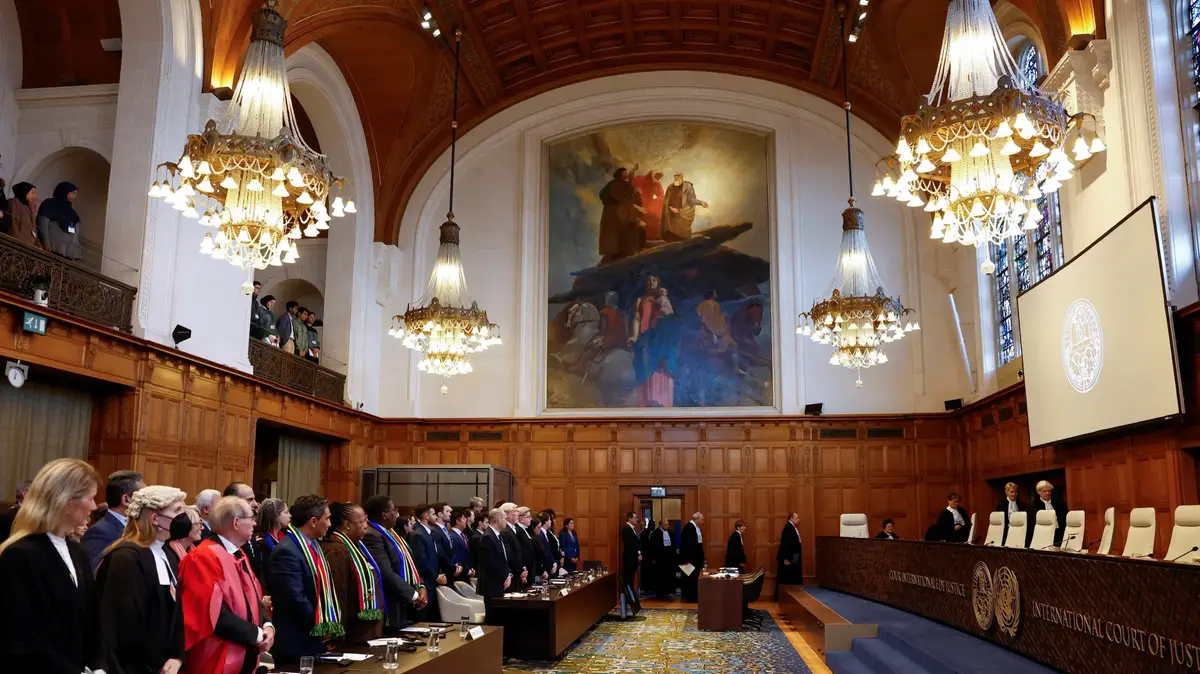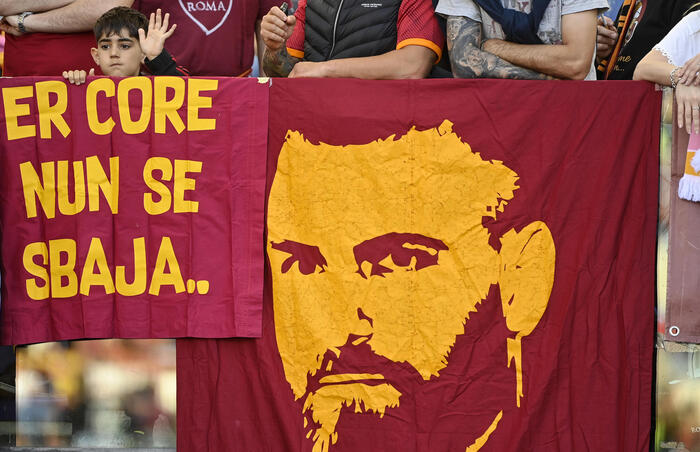After being postponed several times due to the covid-19 pandemic, the Summit between the European Union and the African Union (AU), to be held in Brussels on February 17 and 18, will bring together Heads of State and Government Europeans and Africans for the first time since 2017. The EU's goal is to become Africa's preferred partner, a goal set by the President of the European Commission, Ursula von der Leyen, during our first visit to the African Union headquarters in Addis Ababa two years ago.
What do we need to achieve this ambitious goal?
First of all, we must approach the EU-AU partnership with humility.
Africa is a continent as big as the United States, Mexico, China, Japan, India, and much of Europe combined.
With 54 countries and some 2,000 languages, in addition to a multitude of opportunities and problems, the continent cannot be treated as a homogeneous entity.
Second, we must be realistic.
Between "Afro-pessimism" and "Afro-optimism", I advocate "Afro-realism".
Before tackling the issue of economic growth and trade relations, Europe must show that it can contribute to peace, security and good governance in African countries.
And before going into the question of the demographic dividend, we must also recognize the magnitude of the difficulties that uncontrolled population growth can generate in societies.
Between now and 2030, 30 million young people will enter the African labor market every year.
If we want to create sustainable employment for them, basic education must be a top priority.
With 54 countries and some 2,000 languages, in addition to a multitude of opportunities and problems, the continent cannot be treated as a homogeneous entity
As we support the global transition to green energy and sustainable development, we must also help ensure access to basic services on a continent where nearly half the population lacks electricity and is waging a daily battle to access to water and food.
And, of course, we must help African countries to develop their future vaccine production capacity, and to speed up the current vaccination process.
More than 90% of the continent's inhabitants remain unvaccinated against covid-19.
In reflecting on these questions, we Europeans must not make the mistake of believing that we can impose an agenda on Africa.
Nor should we ignore the immediate realities and short-term constraints facing the vast majority of Africans, especially now that the pandemic has compounded the continent's fragilities.
In the Sahel, insecurity is increasing, along with political instability.
The Horn of Africa, where only two years ago we saw promising democratic transitions, is deeply destabilized.
And several African countries have re-entered a debt spiral.
We Europeans must not make the mistake of believing that we can impose an agenda on Africa
The pandemic has also accelerated geopolitical competition in Africa beyond investment and business opportunities, even affecting value patterns and governance models.
We are up against other global players whose methods and agendas are very different from ours.
Many of them will not hesitate to use disinformation campaigns and other forms of hybrid warfare to reduce European influence.
Despite these difficulties, we still have compelling reasons for wanting to make Europe Africa's partner of choice.
One of them is that Africa's problems are our problems.
Terrorism and insecurity know no borders.
The Sahel is not as far from Europe as we sometimes think;
and instability in the Horn of Africa threatens one of the world's most important trade routes.
We must also not forget climate change, which will inevitably generate new waves of migration as it destroys people's livelihoods and makes their communities uninhabitable.
Our goal is also motivated by the wealth of opportunities across the continent.
African economies and societies are young and dynamic.
Sooner or later we will have to reckon with them, given the aging of our own societies.
The continent also has a great abundance of raw materials, as well as a huge potential for both deploying renewable energy technologies and helping to produce them.
African economies and societies are young and dynamic.
Sooner or later we will have to reckon with them, given the aging of our own societies
Finally, we must think in geopolitical terms.
With a population expected to reach 2.5 billion by 2050, Africa is a growing world power.
A closer association would allow Europe and Africa to jointly exert much greater influence on the world stage, giving impetus to the model of multilateralism that both partners support.
To be successful, we will need a positive agenda based on joint priorities.
Without ignoring the existing difficulties, we must focus on obtaining concrete and rapid results.
Africa needs neither charity nor media operations.
It needs cooperation and partnerships that deliver results for its citizens.
To do this, the EU will have to combine the many strengths of its member states, financial institutions, development banks and agencies.
The pandemic has filled the concept of "Team Europe" with content.
This way of working must become a habit to avoid a fragmented strategy and all the problems that come with it.
In Africa, as in the rest of the world, the European Union only has weight when its components work together.
To achieve this, we need not only the EU institutions and governments, but also civil society and the private sector to be more in tune with local dynamics.
The future of Europe depends to a large extent on the future of Africa.
There, as in the rest of the world, we must better defend the European project, showing that the EU's added value exceeds that of other world powers.
This month's summit must be the starting point for building a new intercontinental partnership.
Josep Borrell
is High Representative of the European Union for Foreign Affairs and Security Policy, Vice President of the European Commission and chairs the Group of Commissioners for a Stronger Europe in the World.
Copyright: Project Syndicate, 2022.
You can follow PLANETA FUTURO on
,
and
, and subscribe
to our 'newsletter'
here
.


